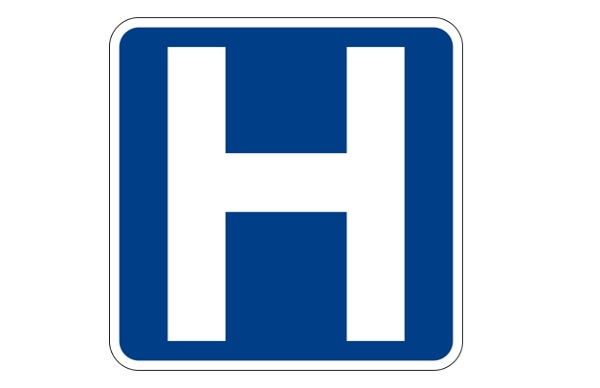
After more than two years of negotiations and an interim agreement reached in 2021, the Fédération des Hôpitaux Luxembourgeois and the OGBL and LCGB trade unions signed a new FHL collective labour agreement on Friday 29 July 2022: it comes into force retroactively on 1 January 2022 and is concluded for a period of 3 years until 31 December 2024.
According to the statement issued yesterday, in these times of economic insecurity and record inflation, the signatory parties are sending a strong signal by strengthening, among other things, the purchasing power of lower salaries.
Through this agreement, substantial improvements have been put in place, which make it possible to increase the attractiveness of the hospital sector marked by the pandemic linked to COVID-19 as well as by a shortage of healthcare professionals. But, above all, the agreement provides that a retroactive bonus of 3.08% will be paid to all staff for the year 2021, reflecting the impact on the hospital sector of the measures taken in the Public Service, in accordance with Article 28 of the CLA FHL.
The parties agreed on the following quantitative elements:
• Increase from €0.4276 to €0.8552 (index 100) of the permanence allowance;
• Linear increase in careers C2, C3 and C4 by 5 index points;
• Abolition of the C1 career (career for employees with manual skills without a diploma) and integration of employees in the C2 career, upgraded by 5 index points;
• Bonus of 100% of the SAS and Civil Service career (employees hired from 1 January 2022);
• Automatic recognition of 100% at the level of the seniority of the years of specialisation following the nursing training in general care recognised in Luxembourg;
• Recognition of the Master's degree for Physiotherapists holding a Master's degree or an equivalent level certified by the Ministry of Higher Education and Research and reclassification in the C10 career for Physiotherapists with a Master's degree;
• Recognition of the diploma of pharmacy assistants and reclassification in career C6.
In addition, to allow all employees to have a better balance between private and professional life, the signatory parties have decided to improve certain key qualitative elements:
• Increase in compensatory leave for employees performing night shifts (1 day off per threshold of 160 hours of nights worked, instead of the current 304 hours);
• Extension of social leave;
• Regulation of teleworking;
• Introduction of progressive early retirement at establishment level, which will allow employees to gradually reduce their working time at the end of their working life;
• Abolition of the employer hour credit, while keeping the employee hour credit and introduction of an employee hour deposit (DHS). This new tool allows employees to accumulate up to 900 overtime hours in order to recover them later at their request and possibly cumulatively. The new DHS is therefore equal to greater flexibility for the employee in the management of overtime and thus in the reconciliation of his professional and family life;
• At the level of permanence, threshold 1 (compulsory presence at the workplace within 10 minutes) will be phased out until 2024;
• Right to disconnect;
• Protective measures against harassment/violence within the framework of the employment relationship;
• The implementation of skills management for hospitals to provide an innovative process and support tools in the development of the collective effort from the moment employees are hired and throughout their careers.
This is a solid agreement, negotiated in a constructive climate despite the general context of the COVID-19 pandemic which has placed great strain on the hospital sector and its 9,000 employees, the backbone of the Luxembourg health sector.








